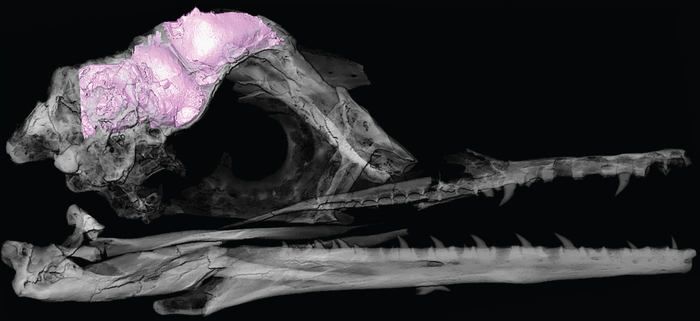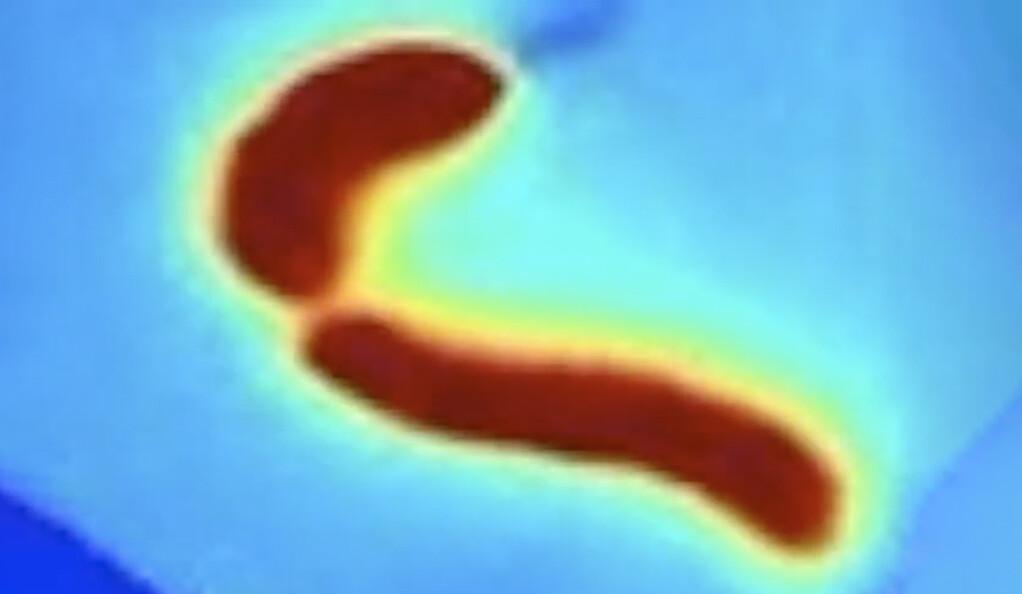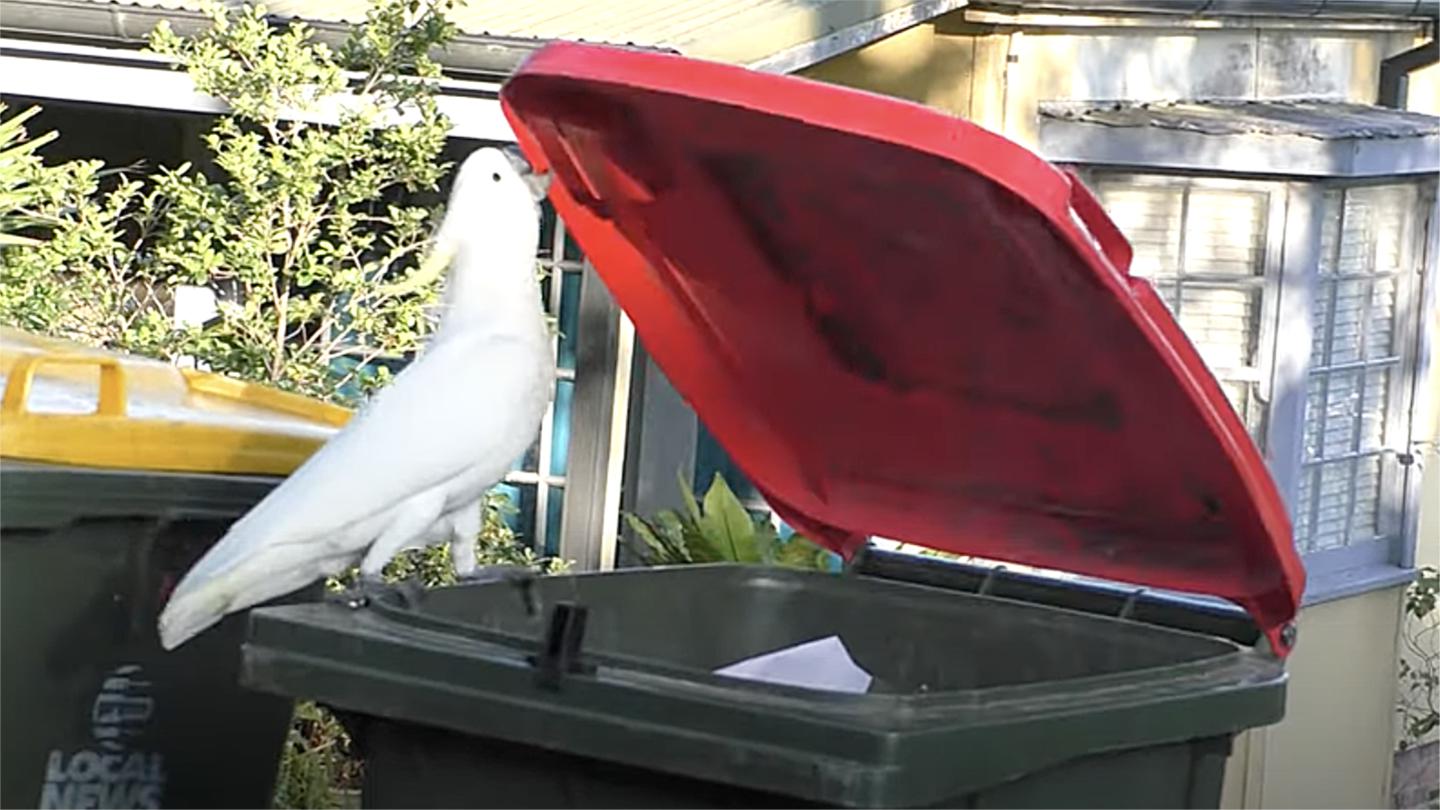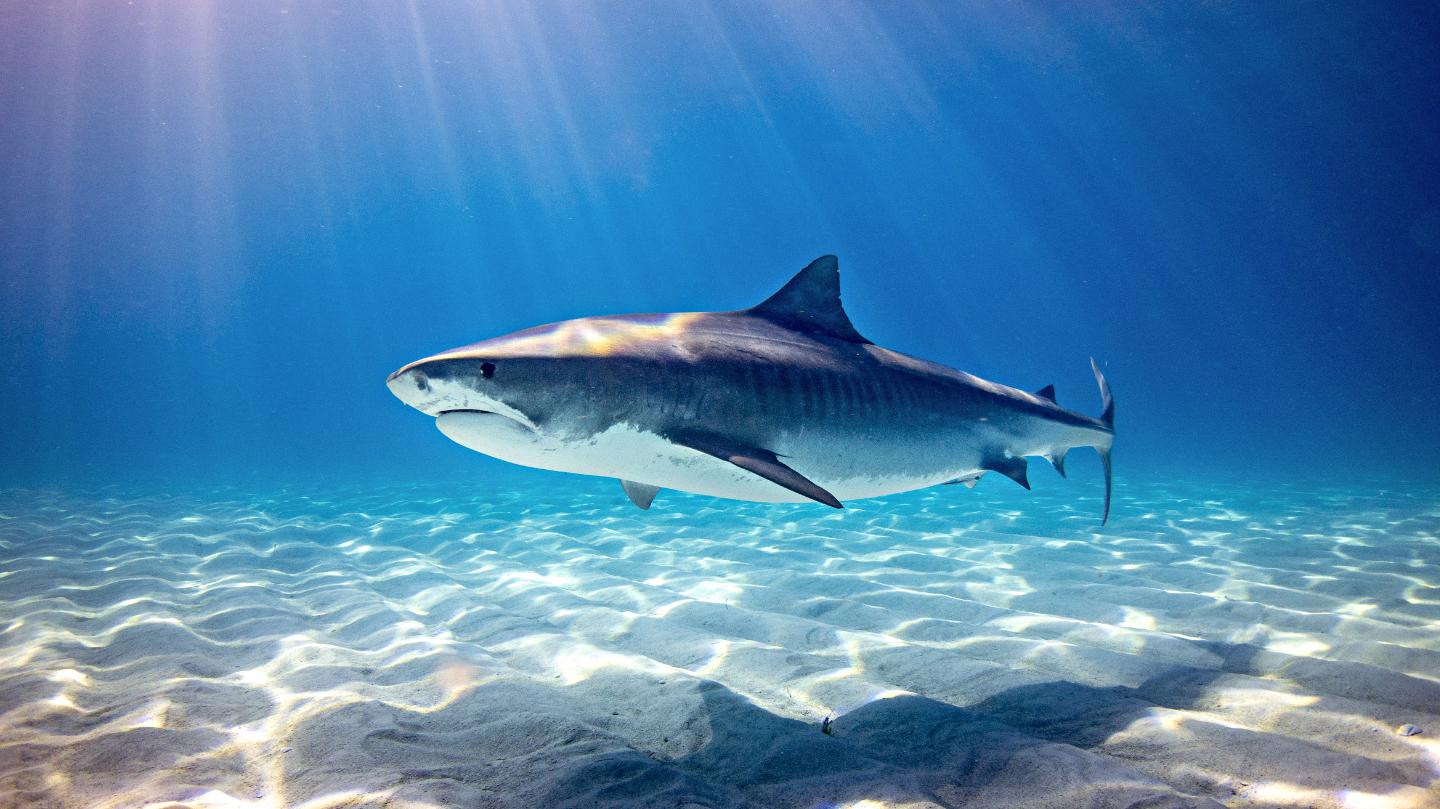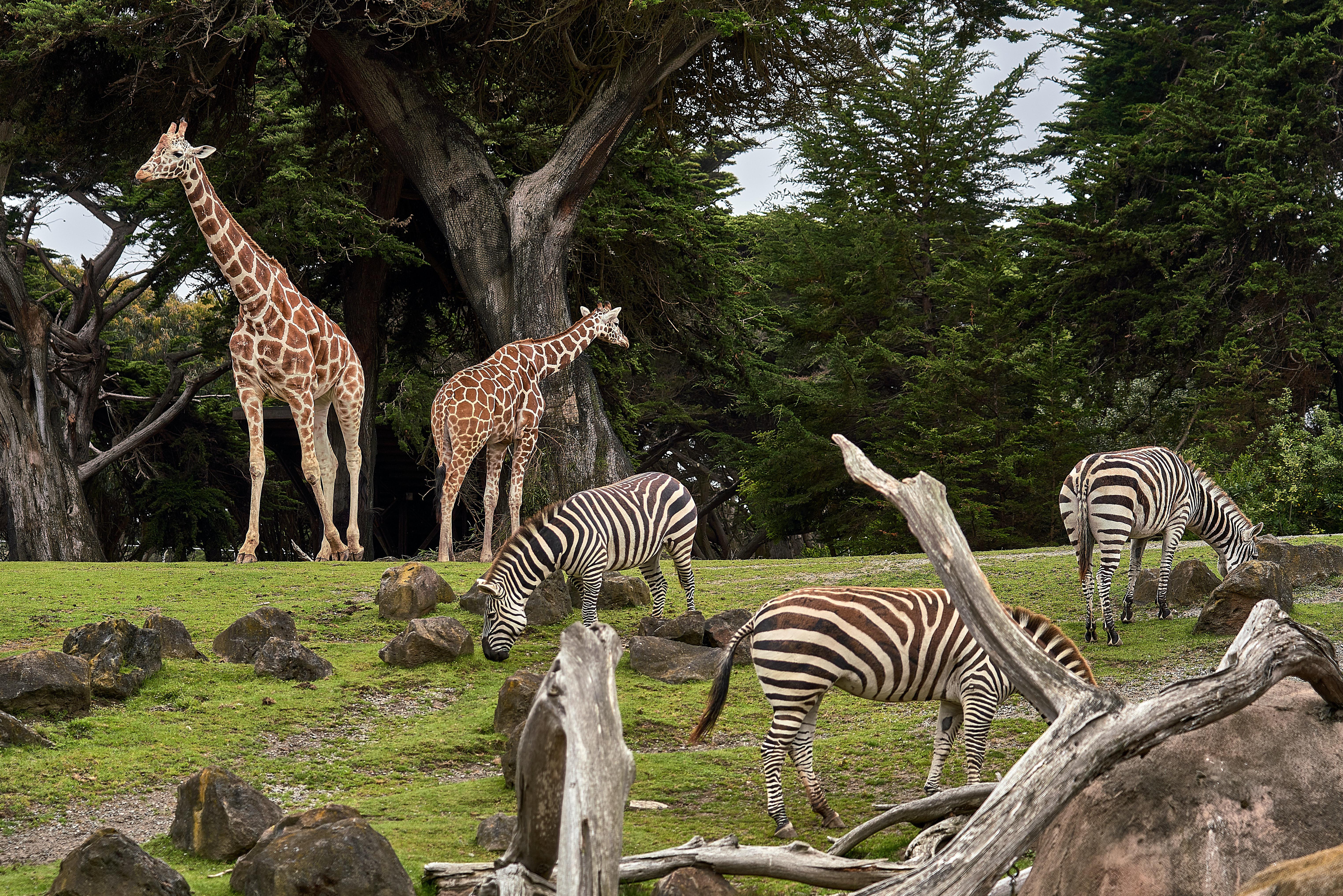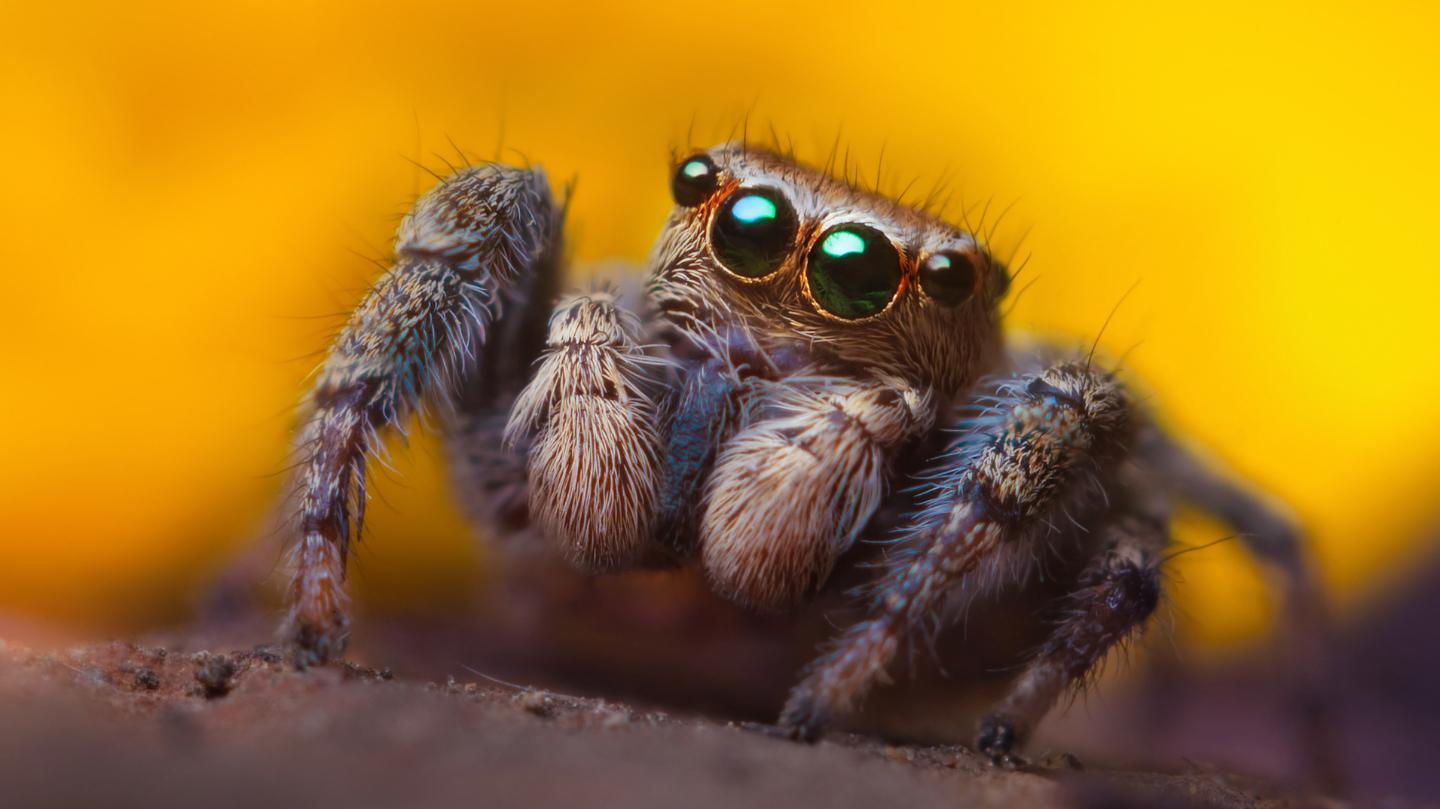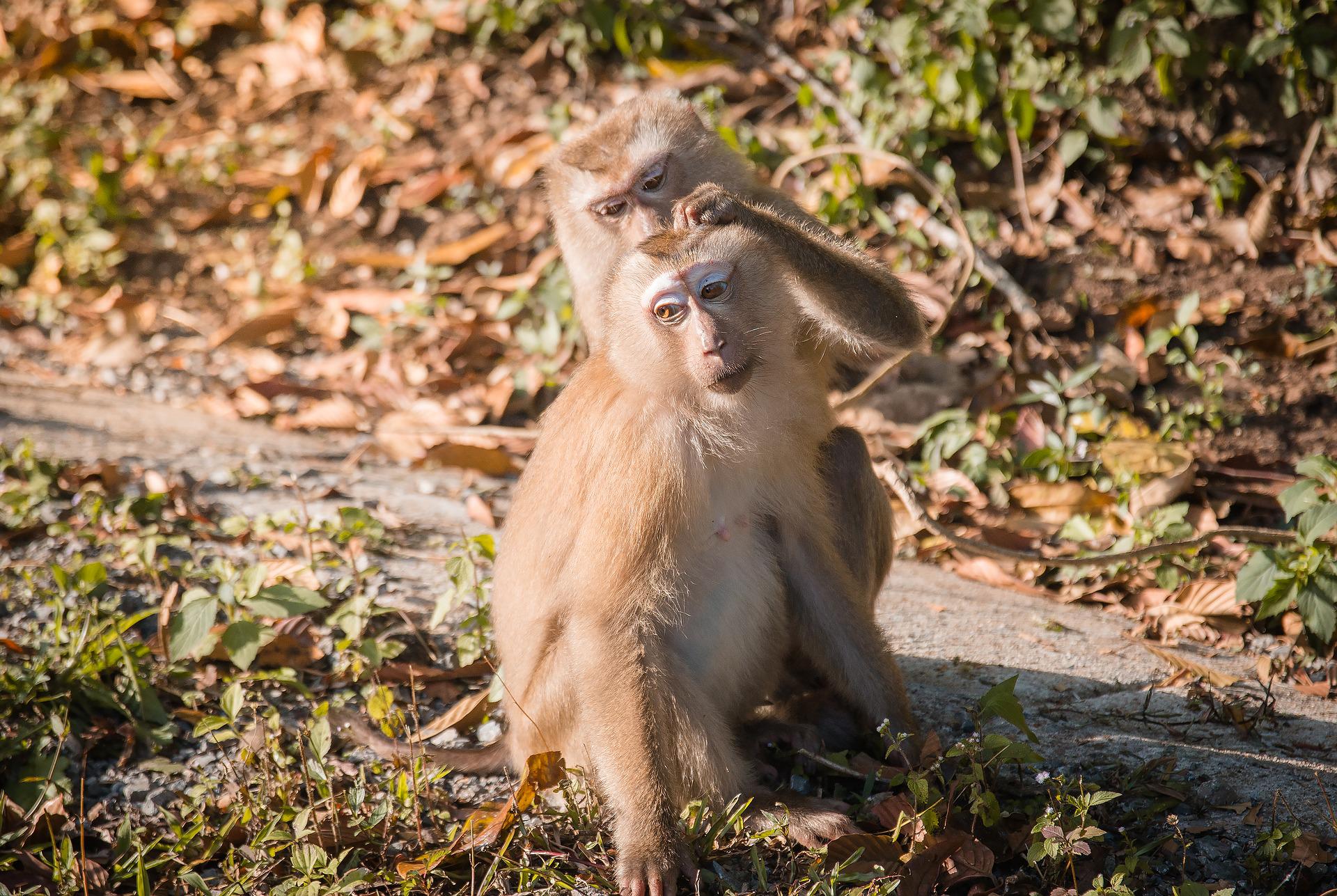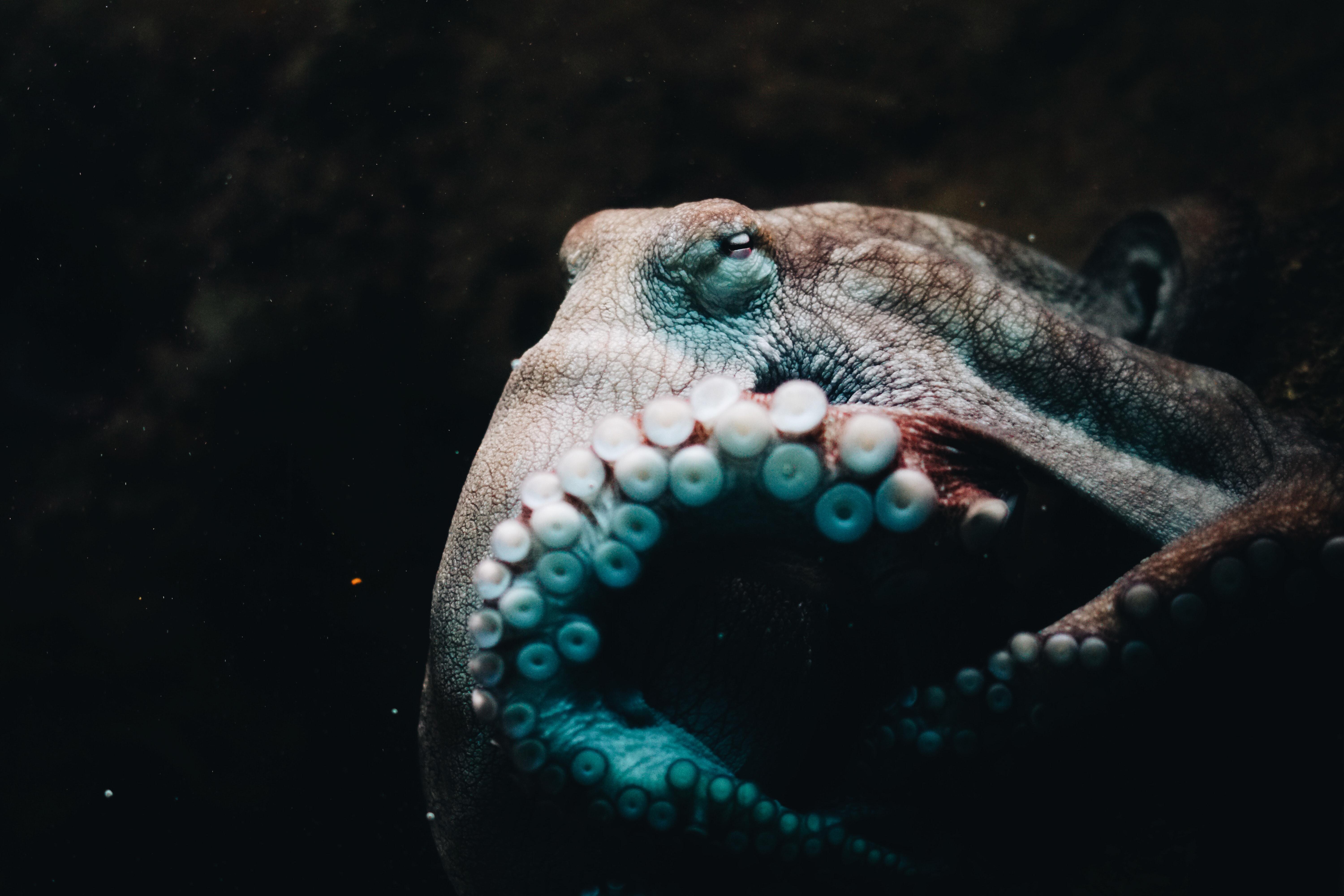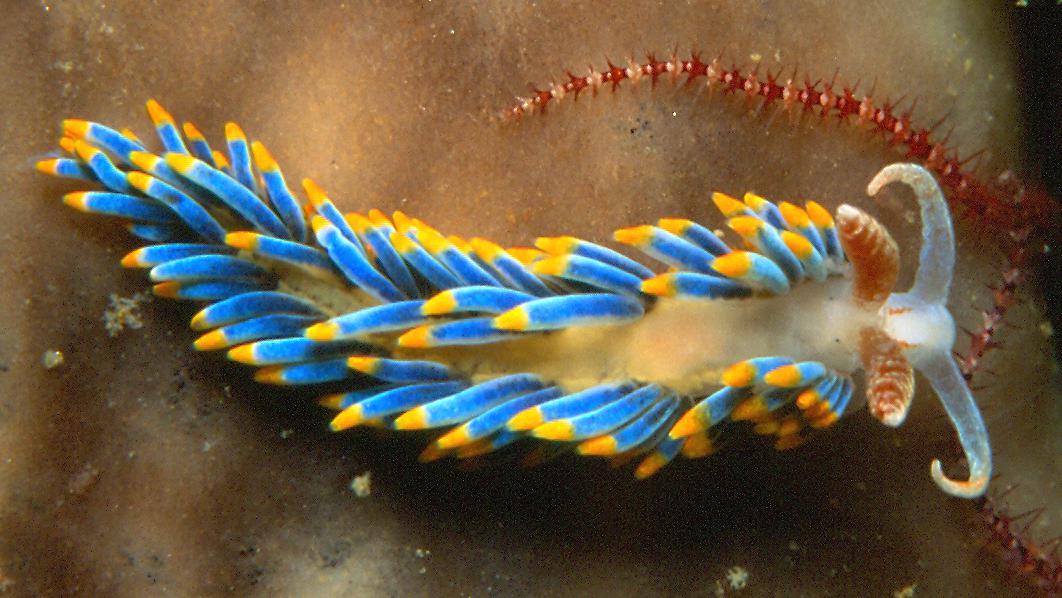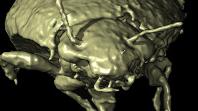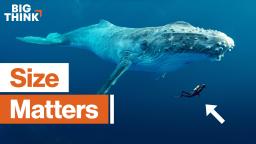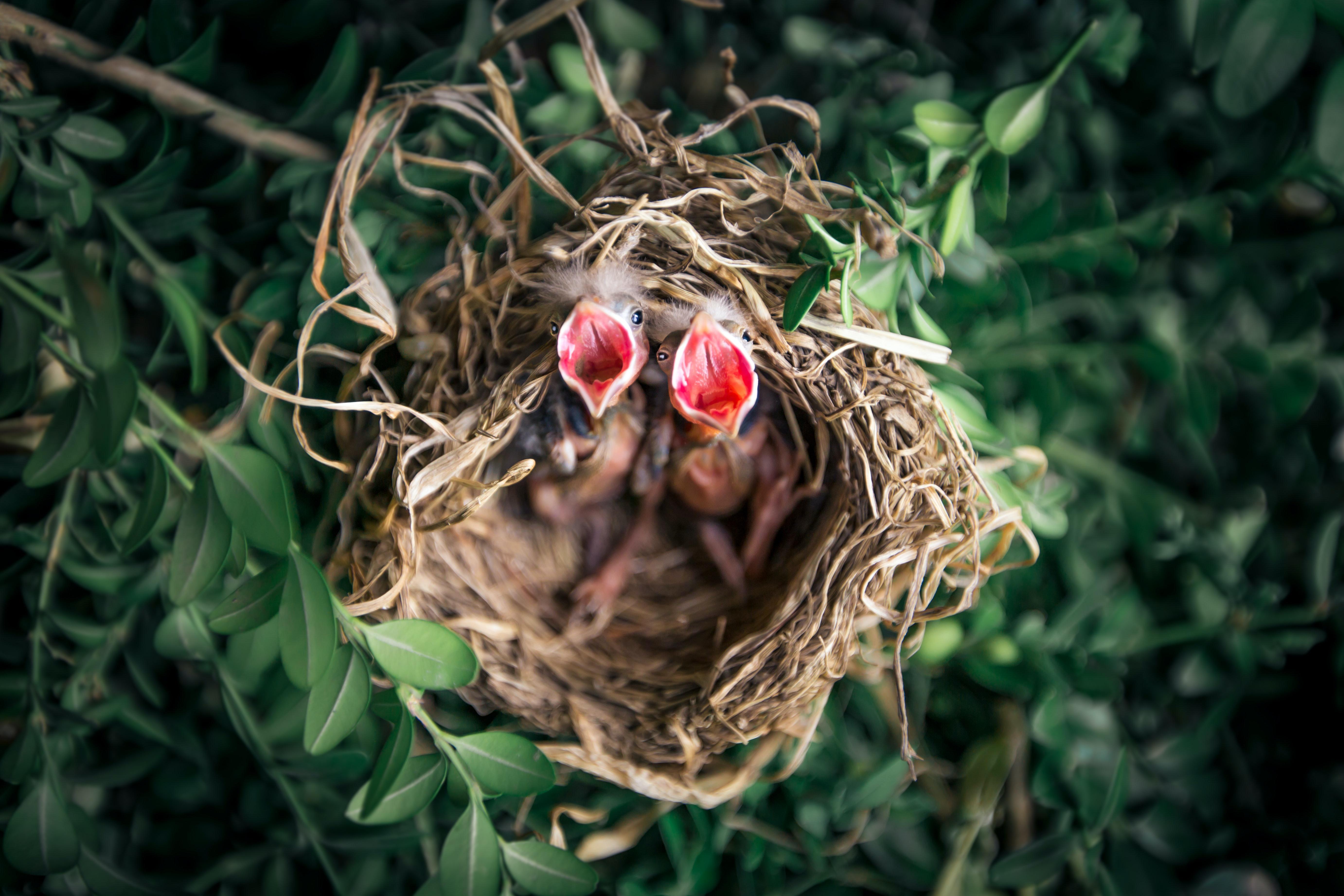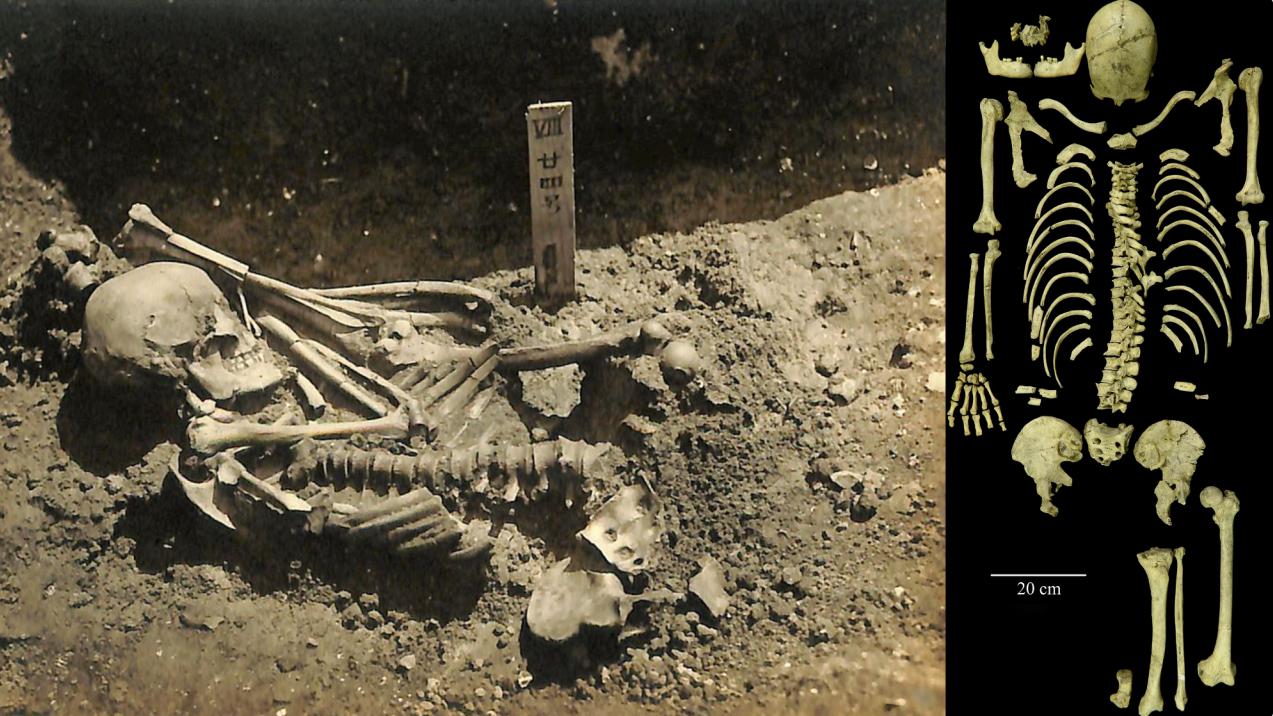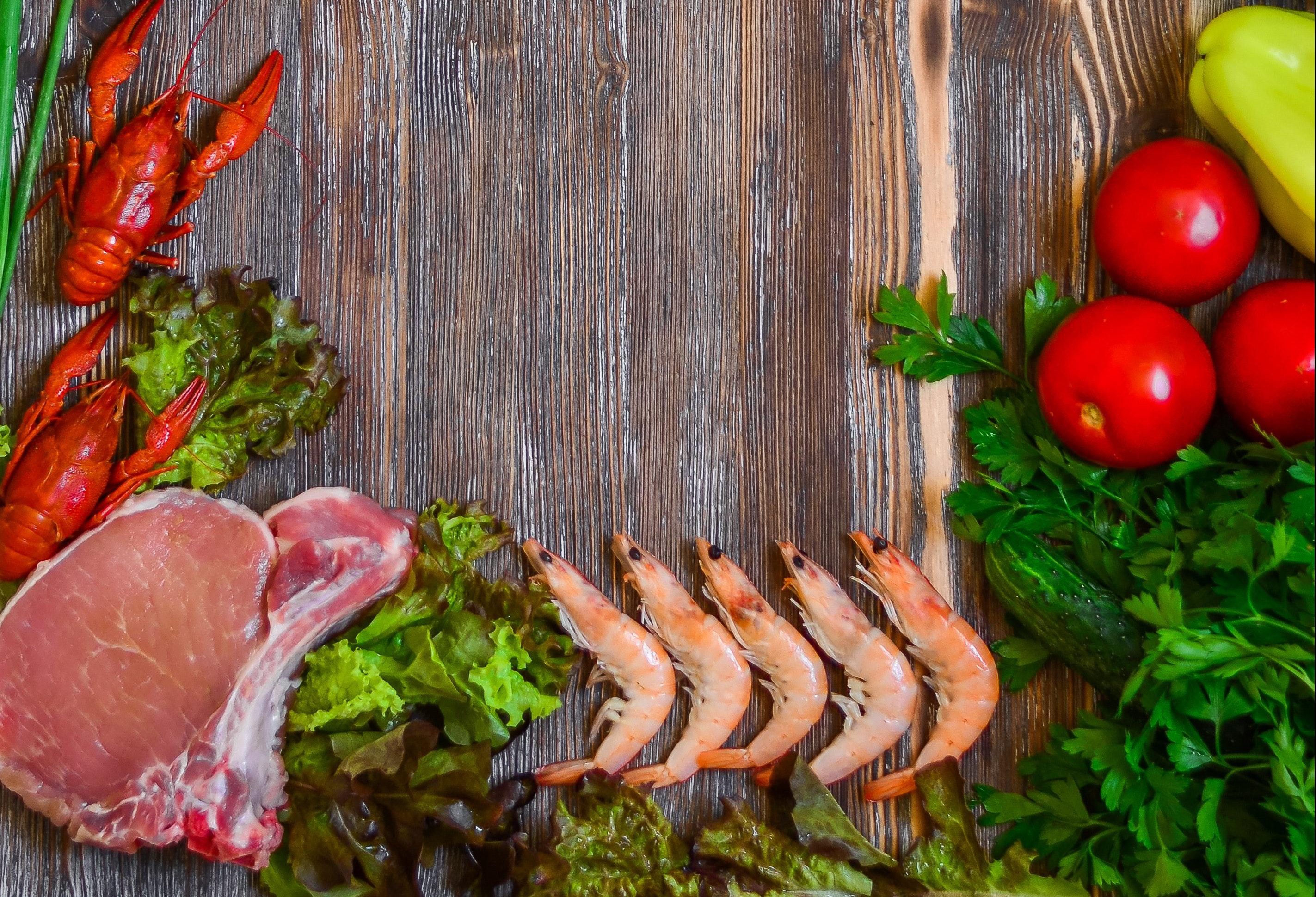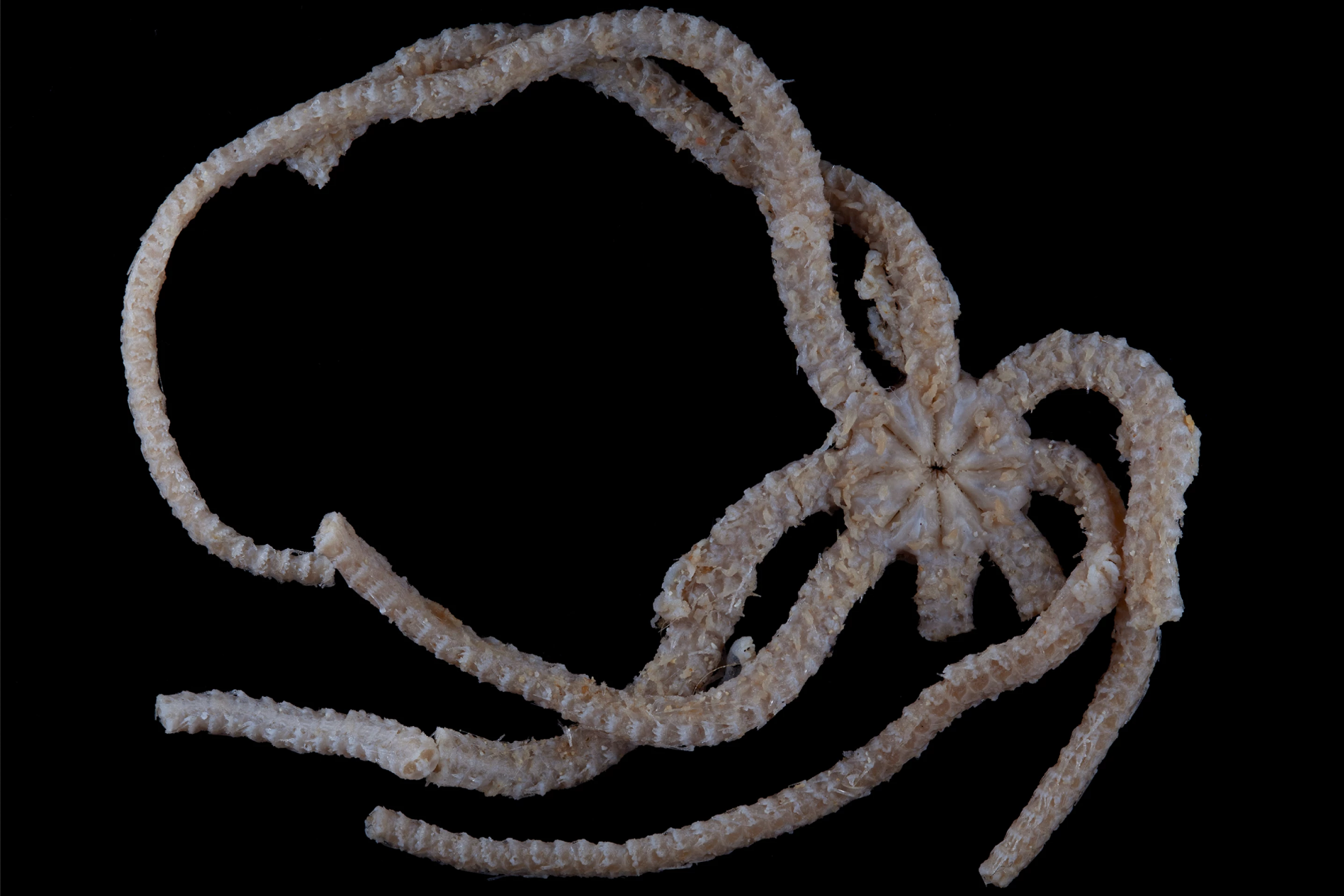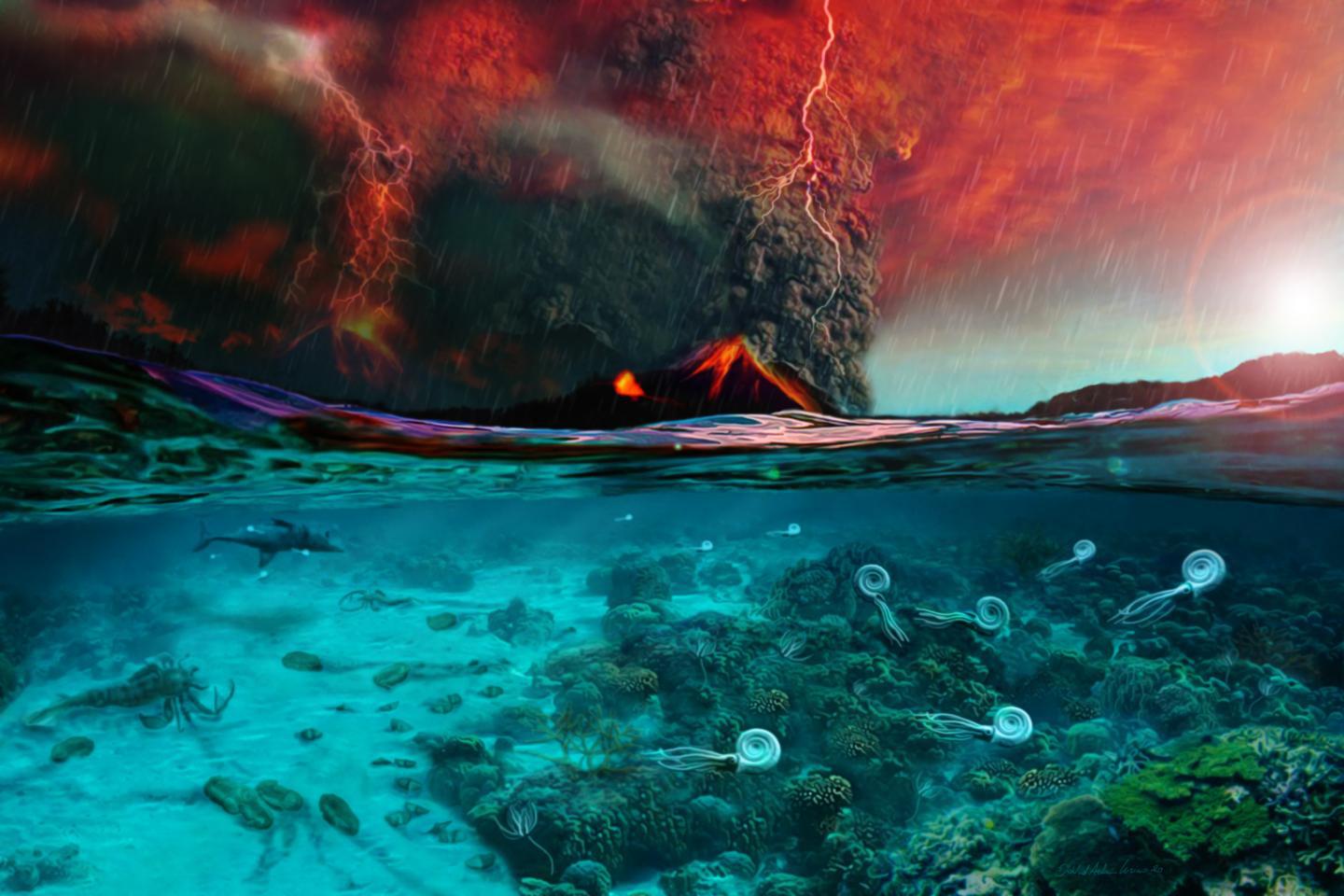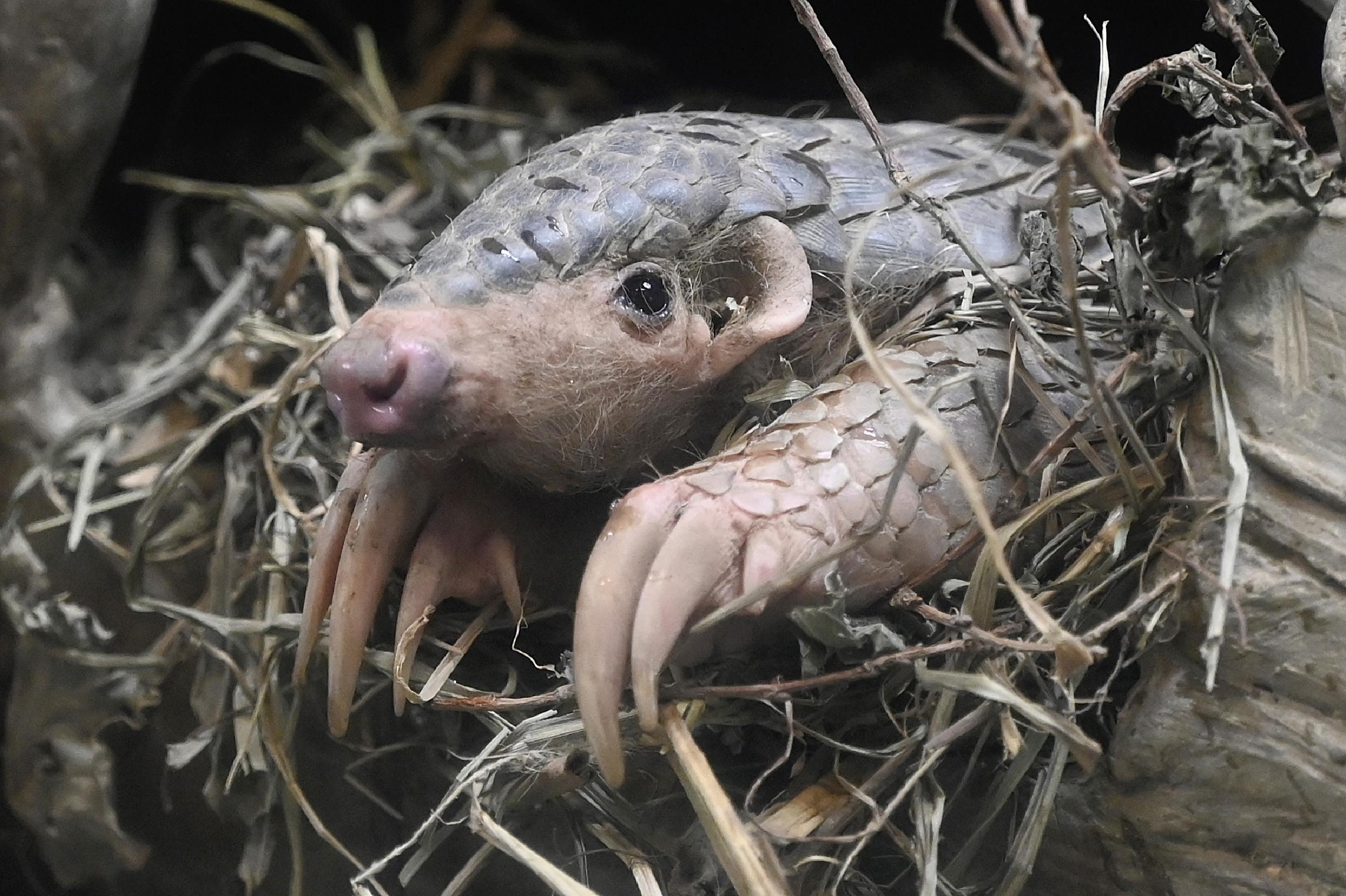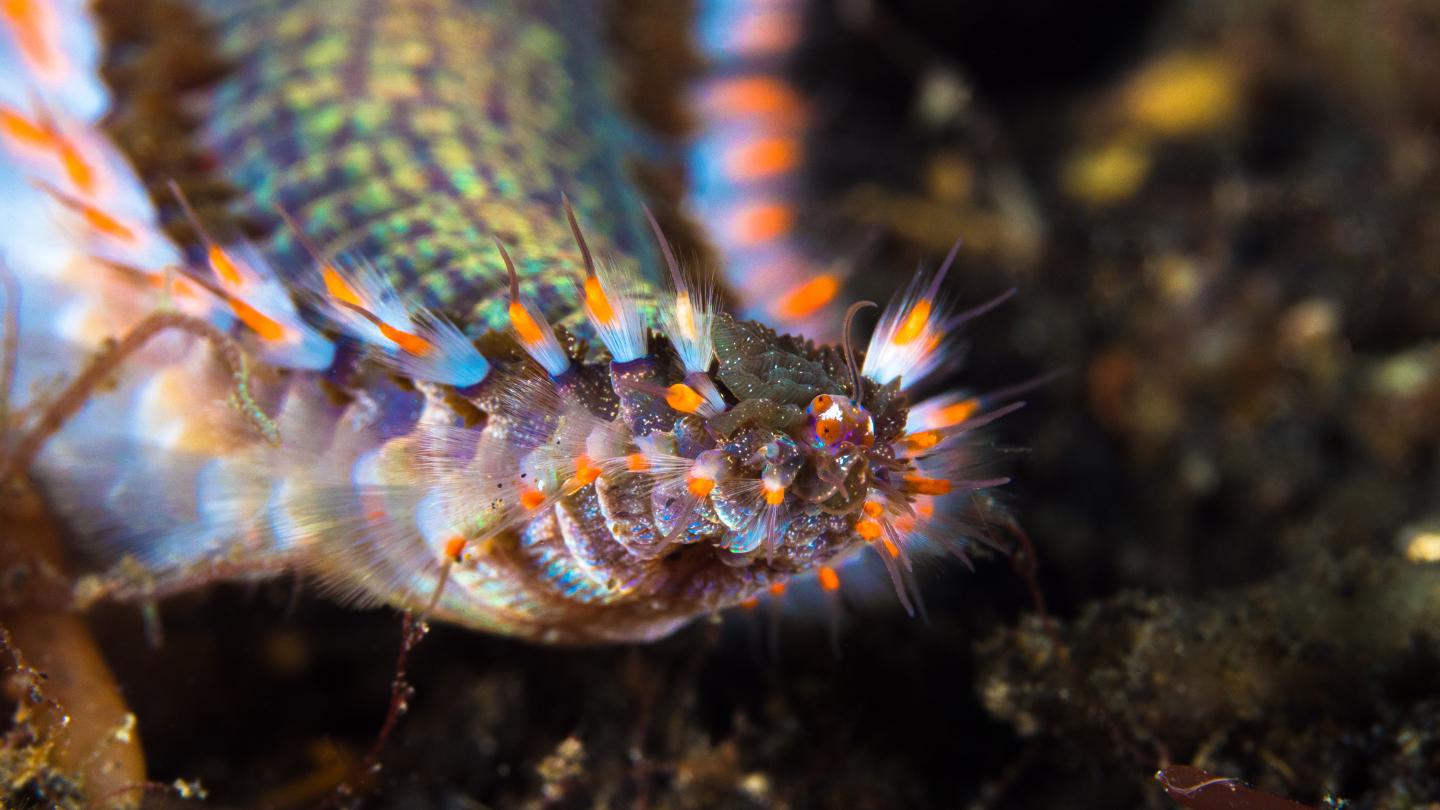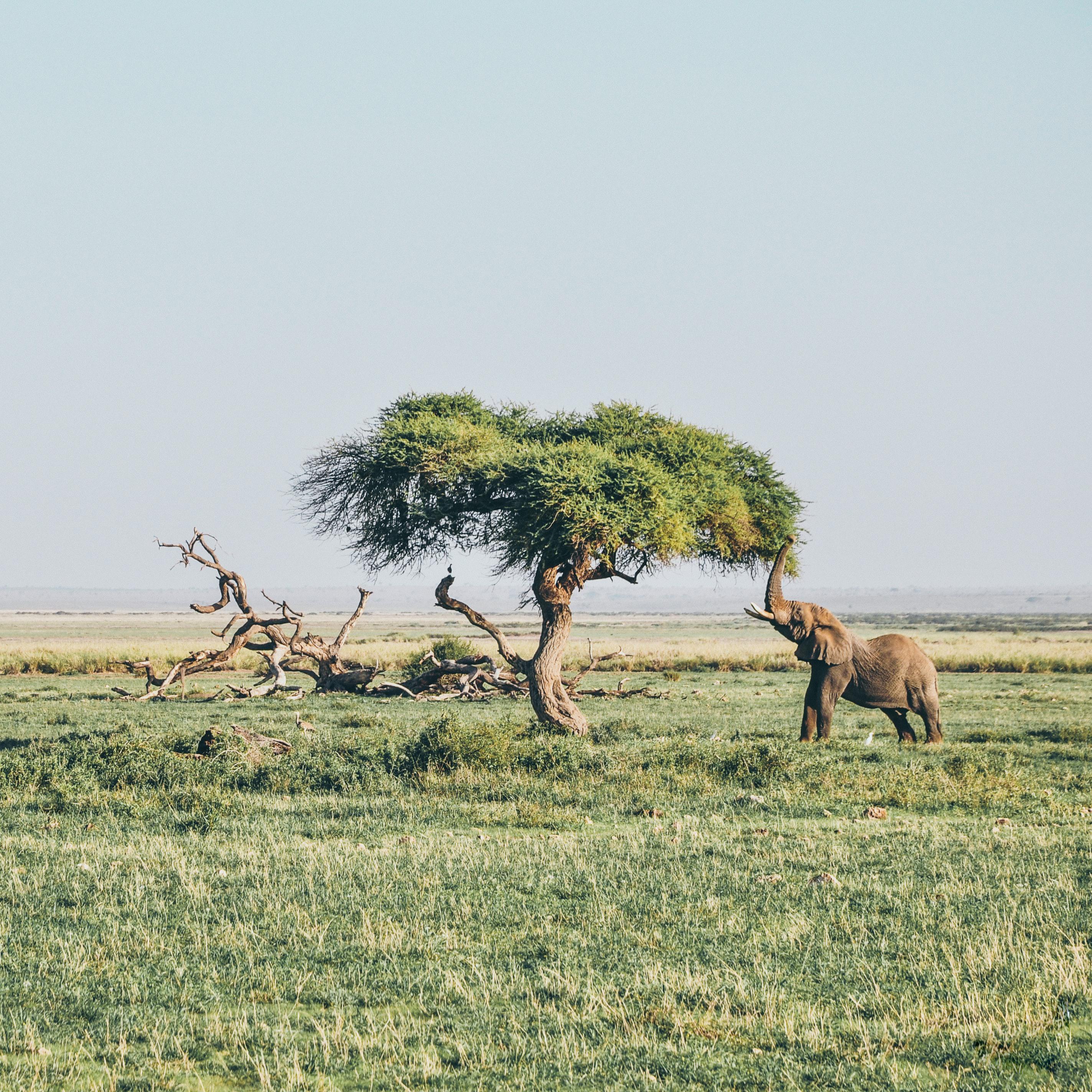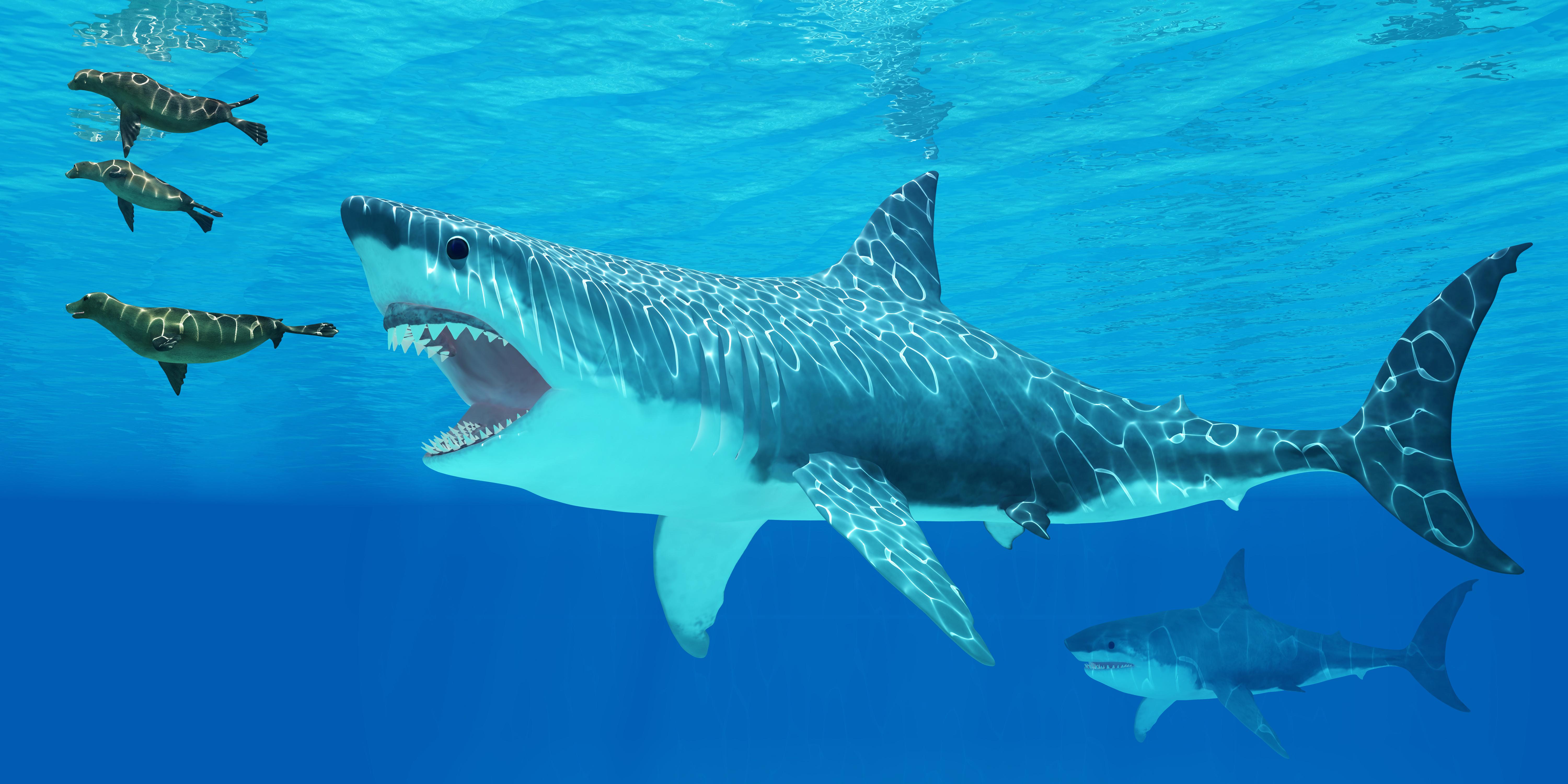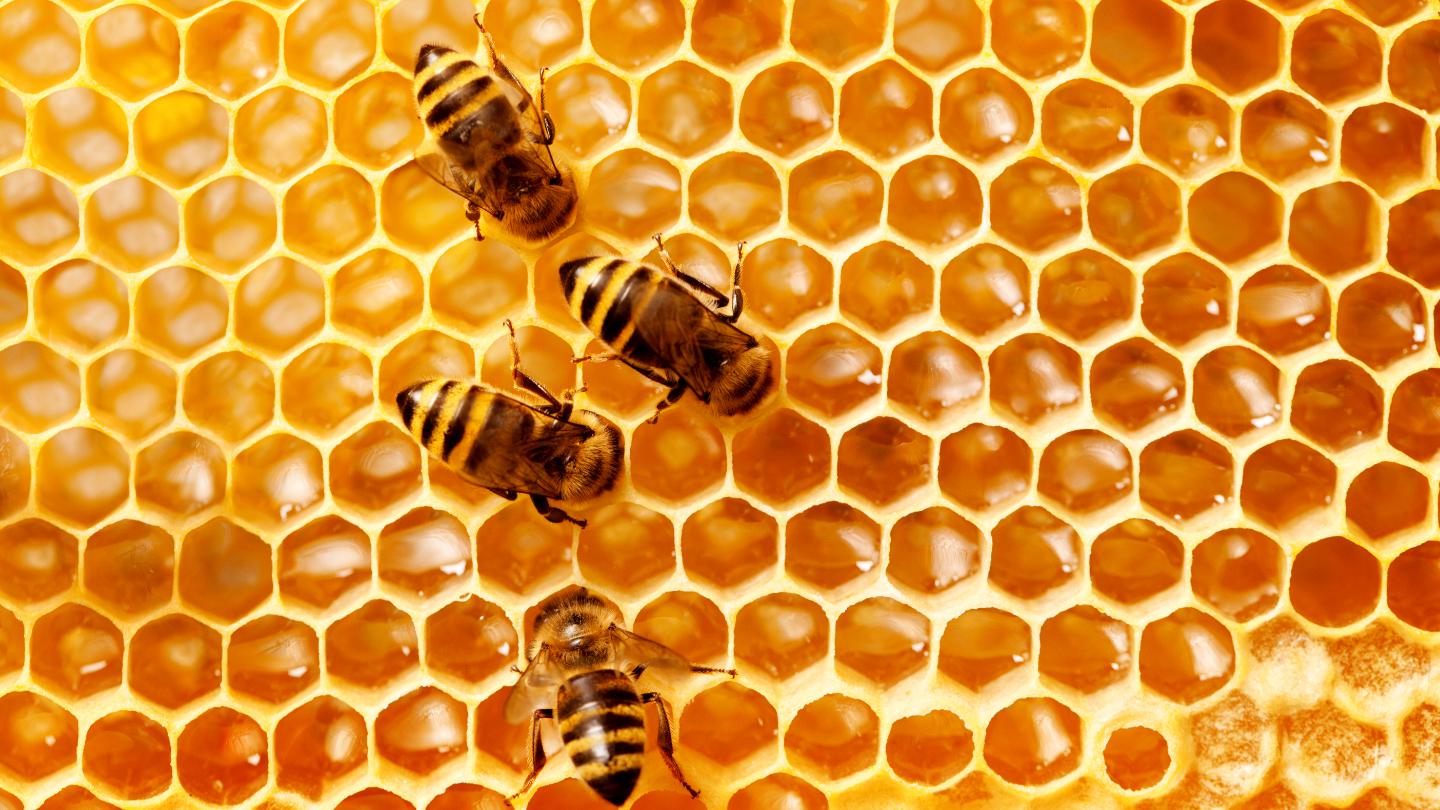animals
The brain of an ancient bird offers clues to the survival of its modern-day relatives.
A study finds that baby mammals dream about the world they are about to experience to prepare their senses.
Australian parrots have worked out how to open trash bins, and the trick is spreading across Sydney.
A new study tested to what extent dogs can sense human deception.
Evolution proves to be just about as ingenious as Nikola Tesla
The ethical debate over zoos is going to grow louder. There might be a solution that involves robots.
Eight-eyed arachnids can tell when an object’s movement is not quite right.
One man studied apes for 50 years. He says nature isn’t as cruel as you think.
The opening of jars, while impressive and often used to illustrate octopus intelligence, is not their most remarkable ability.
He’s studied apes for 50 years – here’s what most people get wrong.
▸
6 min
—
with
These bizarre mollusks have the ability to regenerate their bodies and to absorb other organisms’ attributes.
We eat 50 billion chickens every year. Is there a better way?
Discovering fossilized insects is difficult, but a new find suggests a unique place to look.
Humans could, in theory, one day use scaling laws to extend our lifespans.
▸
7 min
—
with
Evolutionary success is not about the number of one’s children, but one’s grandchildren: the children need to survive and pass on their genes.
The skeleton of the world’s oldest known shark attack victim exhibits telltale wounds.
A virtuous diet isn’t strictly vegan.
These distant cousins of starfish live on sea floors around the globe.
A new study reveals what caused most life on Earth to die out during the end-Permian extinction, also known as the Great Dying.
Traditional Chinese medicine and Vietnamese culture are driving the pangolin to extinction.
Metal-like materials have been discovered in a very strange place.
That’s as fast as a bullet train in Japan.
A school lesson leads to more precise measurements of the extinct megalodon shark, one of the largest fish ever.
Researchers develop a fungus that kills mites that contribute to honey bee Colony Collapse Disorder.
Mastodons, rhinos, and even camels — all in the great state of California.
Some wild animals thrive near humans, but only up to a point.
Life finds a way — in this case, by smelling like death.
The Vertebrate Genomes Project may spell good news for the kakapo and the vaquita.
It’s time to rethink how satellites and other objects are made and eventually destroyed.
▸
5 min
—
with
